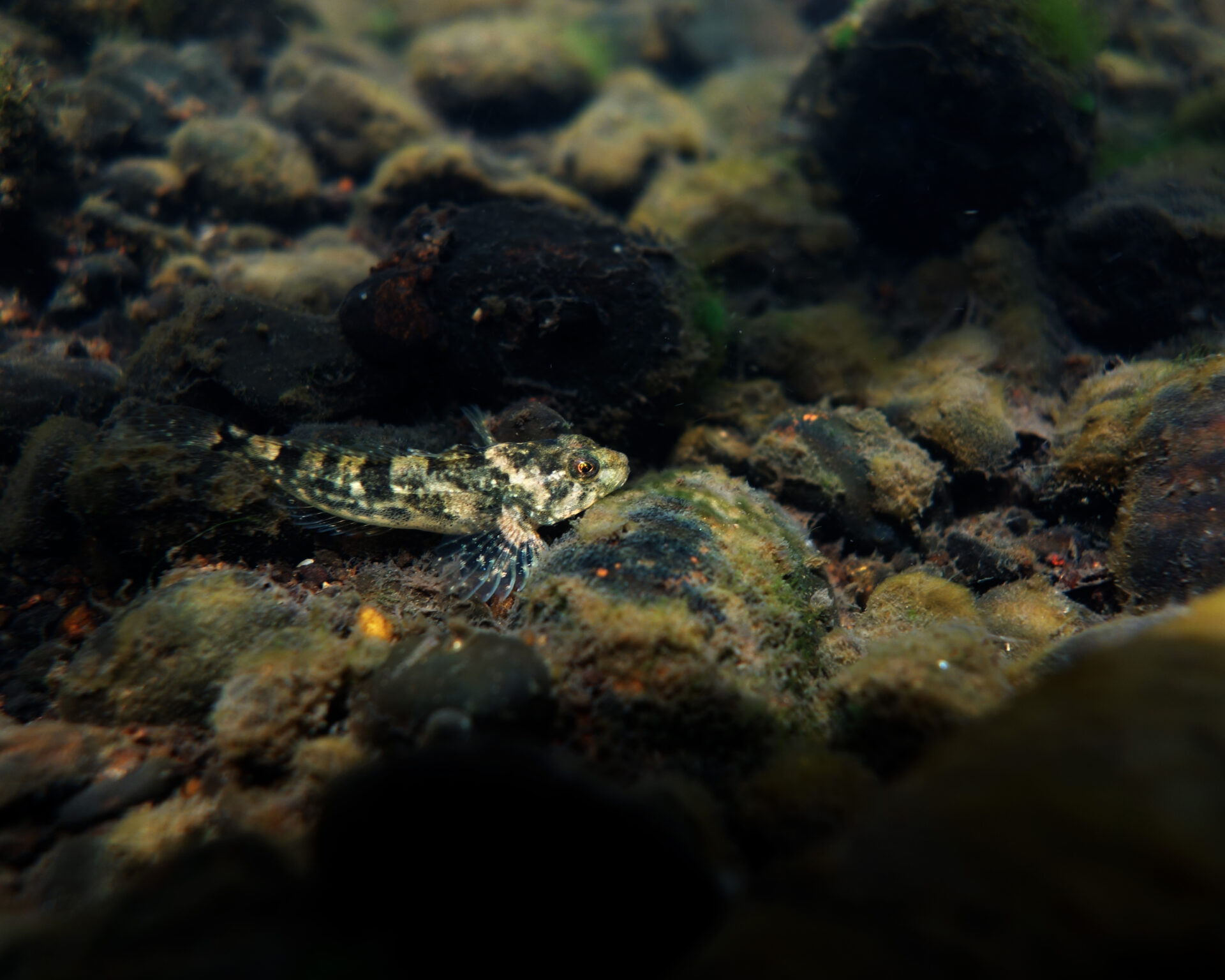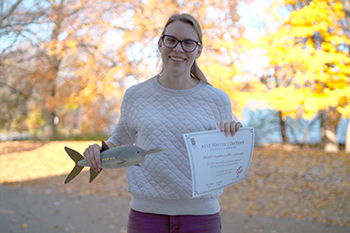Great Lakes, Great Read shared-reading initiative announces book selections
As part of today’s Earth Day commemorations, the Wisconsin Water Library at the University of Wisconsin-Madison, supported by Wisconsin Sea Grant, and the Wisconsin Library Association announced the books selected for a basin-wide shared-reading experience, Great Lakes, Great Read.
“The Water Walker” by Joanne Robertson is the children’s selection and the adult selection is “The Best Part of Us” by Sally Cole-Misch.
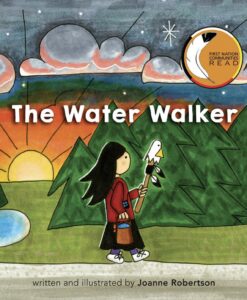
“The Water Walker” is the story of a determined Ojibwe grandmother, a “nokomis,” named Josephine Mandamin who walks to raise awareness of the need to protect “nibi” (water). Robertson wrote and illustrated the book, which was published in 2017.
Published in 2020, Sally Cole-Misch’s award-winning novel, “The Best Part of Us”, explores a family’s ties to an island in the Canadian waters of an inland lake just north of Lake Huron—how those ties are tested both through natural processes and family dynamics.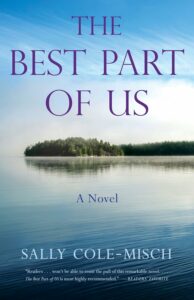
“The Great Lakes have shaped Wisconsin as we know it. These inland seas provide drinking water and fuel our agriculture, shipping, manufacturing and recreation,” said WWL Senior Special Librarian Anne Moser. “These two books will bring the lakes alive in new and evocative ways. We hope readers will reflect on the lakes and be inspired, become passionate and feel more connected to them.”
WLA Executive Director Laura Sauser said, “All Wisconsinites are encouraged to read these titles, and we also hope to be a catalyst for libraries throughout the upper Midwestern states and Canadian provinces to engage patrons through a range of activities.”
Both selected authors will be featured in a free webinar series happening on Sept. 25 and Oct. 2 and 9. All events will start at 6 p.m., CT, and will be open to the public.
Both selected authors will be featured in a free webinar series happening on Sept. 25 and Oct. 2 and 9. All events will start at 6 p.m., CT, and will be open to the public. In November, the authors will visit Wisconsin for a variety of events. Please check the Wisconsin Great Lakes, Great Read webpage, https://go.wisc.edu/85b96h, later this summer to learn more.
Currently, the website offers further details on the authors, their books, book discussion questions, an email list signup option and other resources.
This initiative is supported by an Ideas to Action grant from WiLS. Wisconsin Sea Grant and the University of Wisconsin Water Resources Institute support the Wisconsin Water Library.
The post Great Lakes, Great Read shared-reading initiative announces book selections first appeared on Wisconsin Sea Grant.News Releases | Wisconsin Sea Grant
News Releases | Wisconsin Sea Grant
https://www.seagrant.wisc.edu/news/great-lakes-great-read-shared-reading-initiative-announces-book-selections/

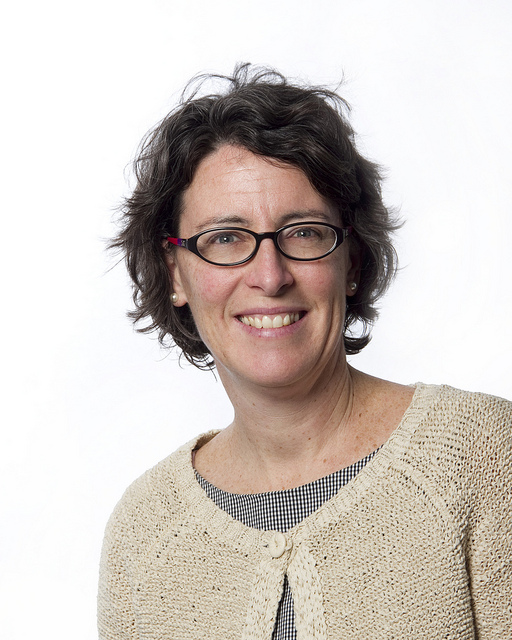
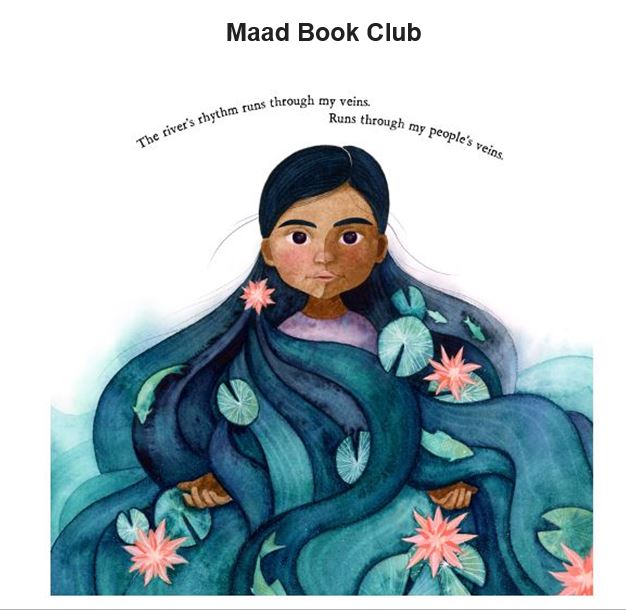
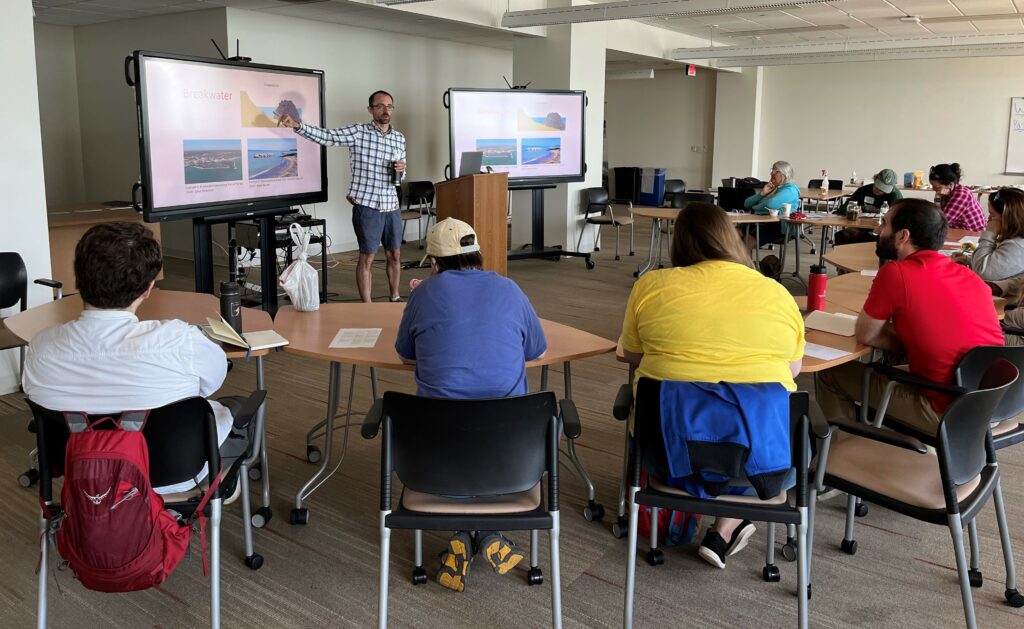
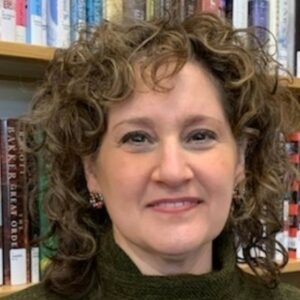
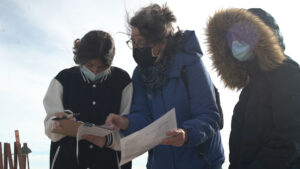
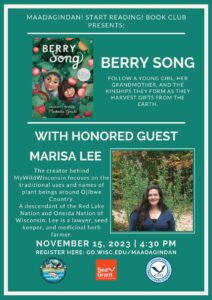 draws out skills from those students, including their contributions to one of Moser’s favorite projects—
draws out skills from those students, including their contributions to one of Moser’s favorite projects—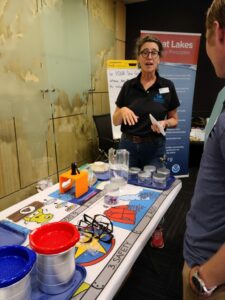
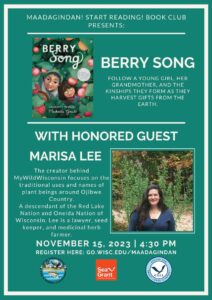 enrolled in the iSchool. In turn, she draws out skills from those students, including their contributions to one of Moser’s favorite projects—
enrolled in the iSchool. In turn, she draws out skills from those students, including their contributions to one of Moser’s favorite projects—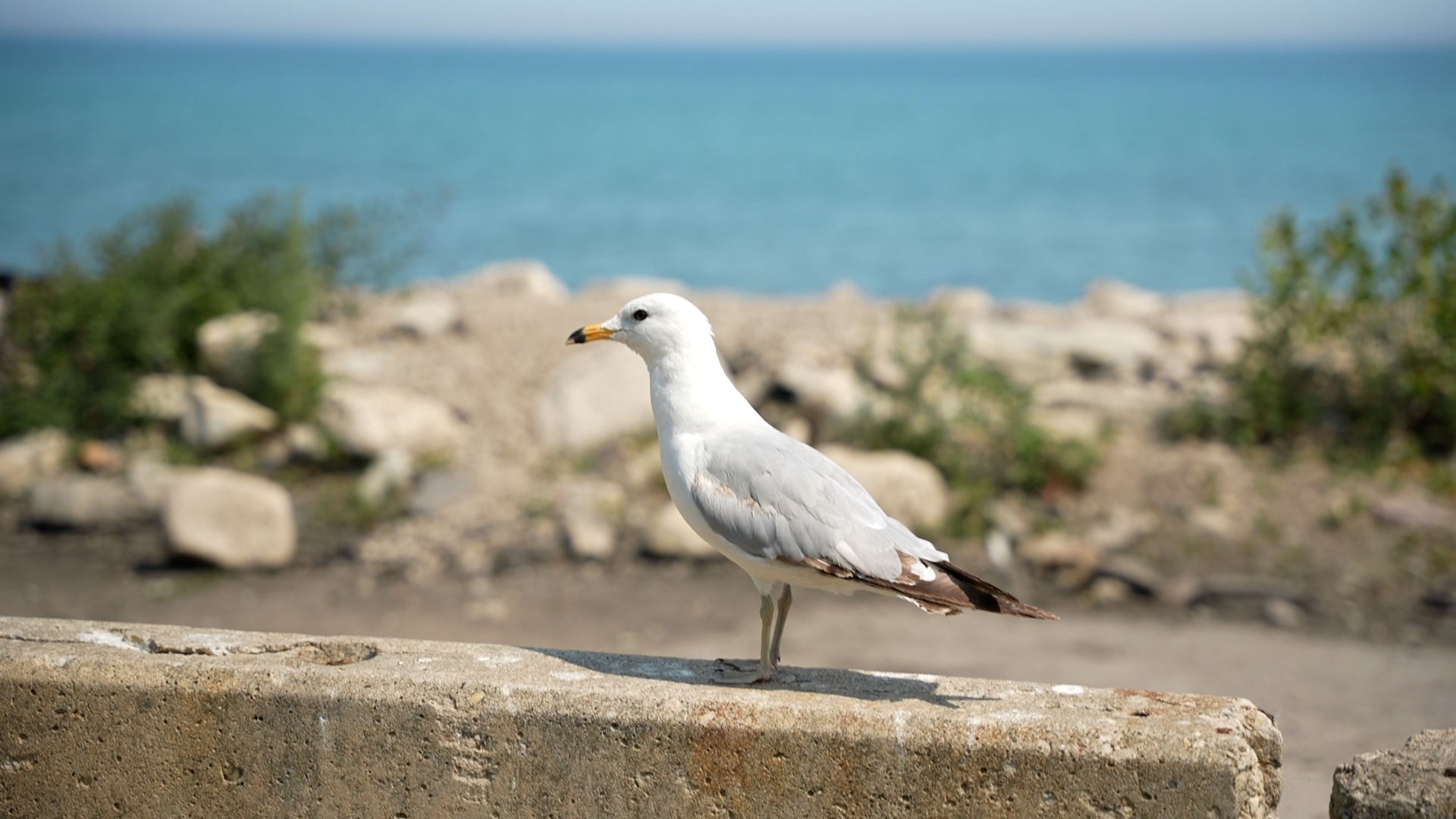
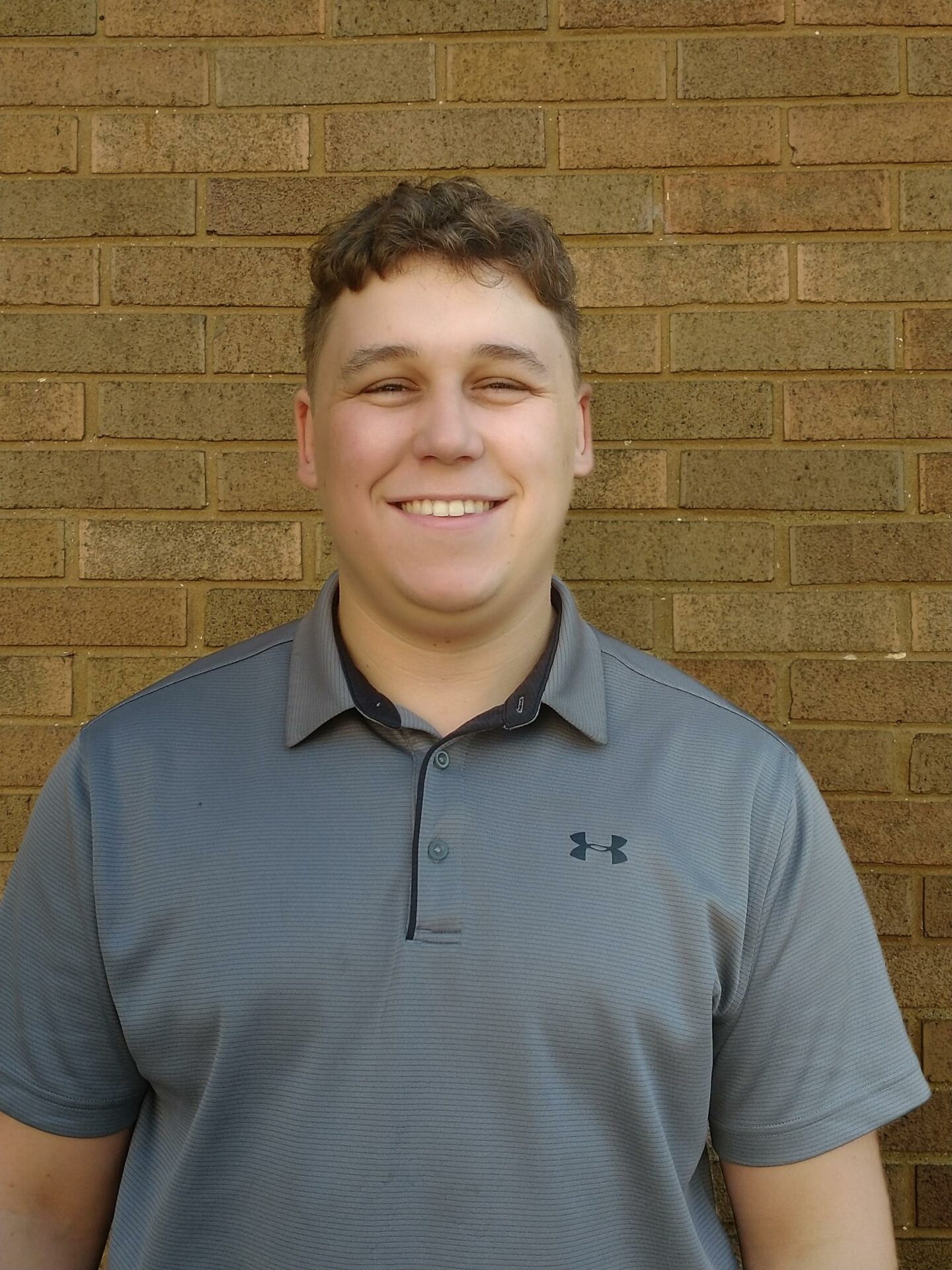
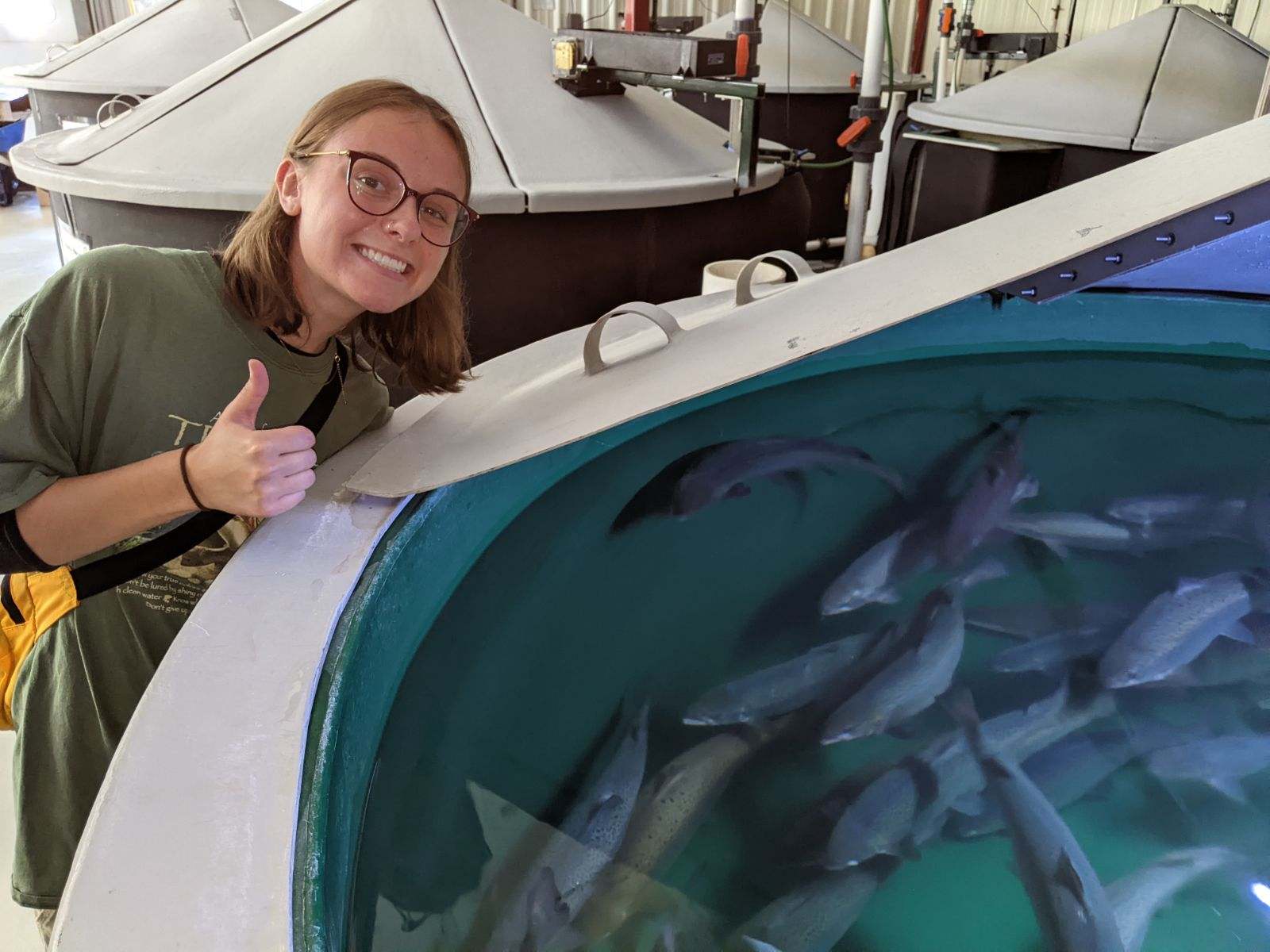
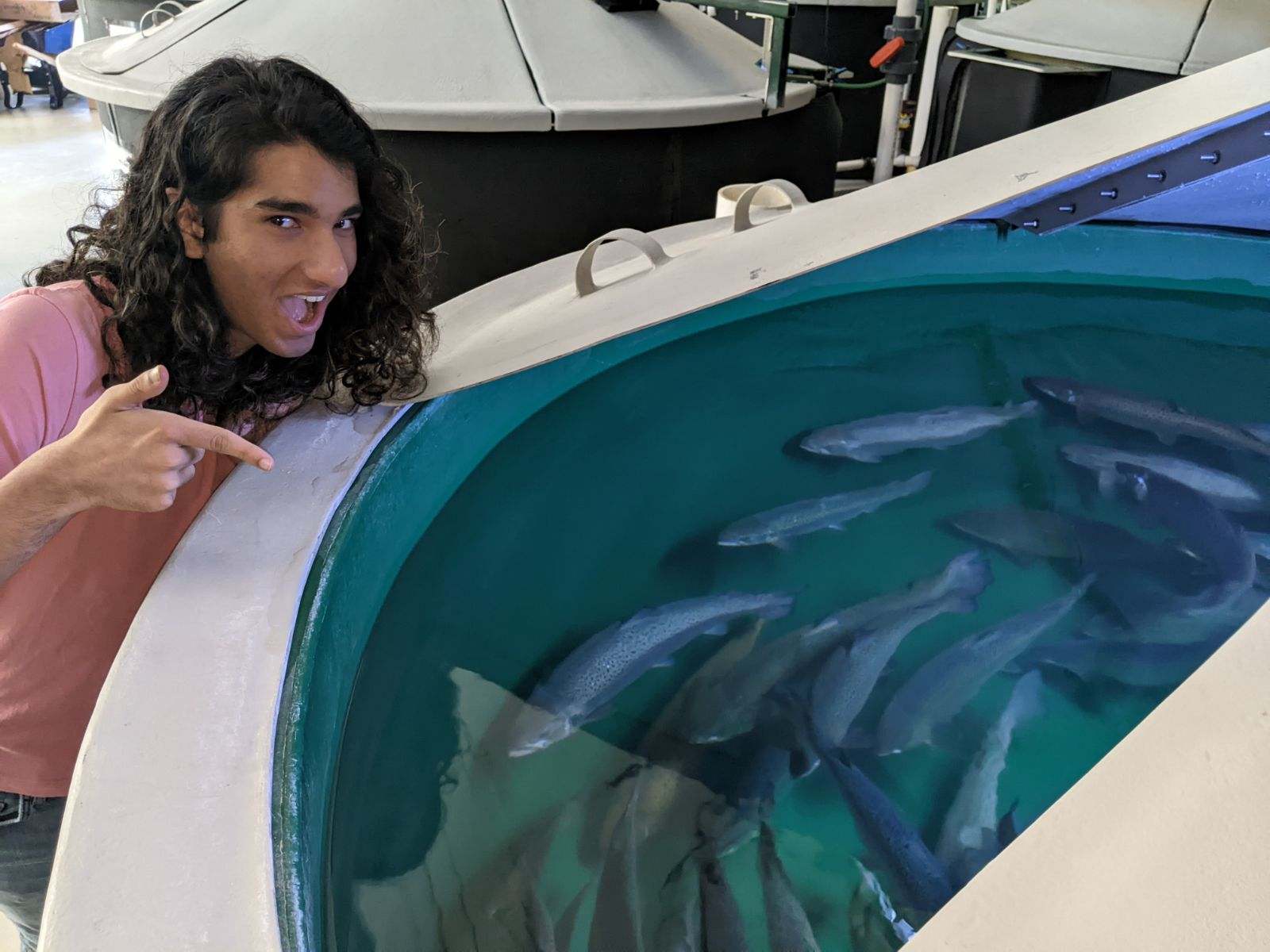
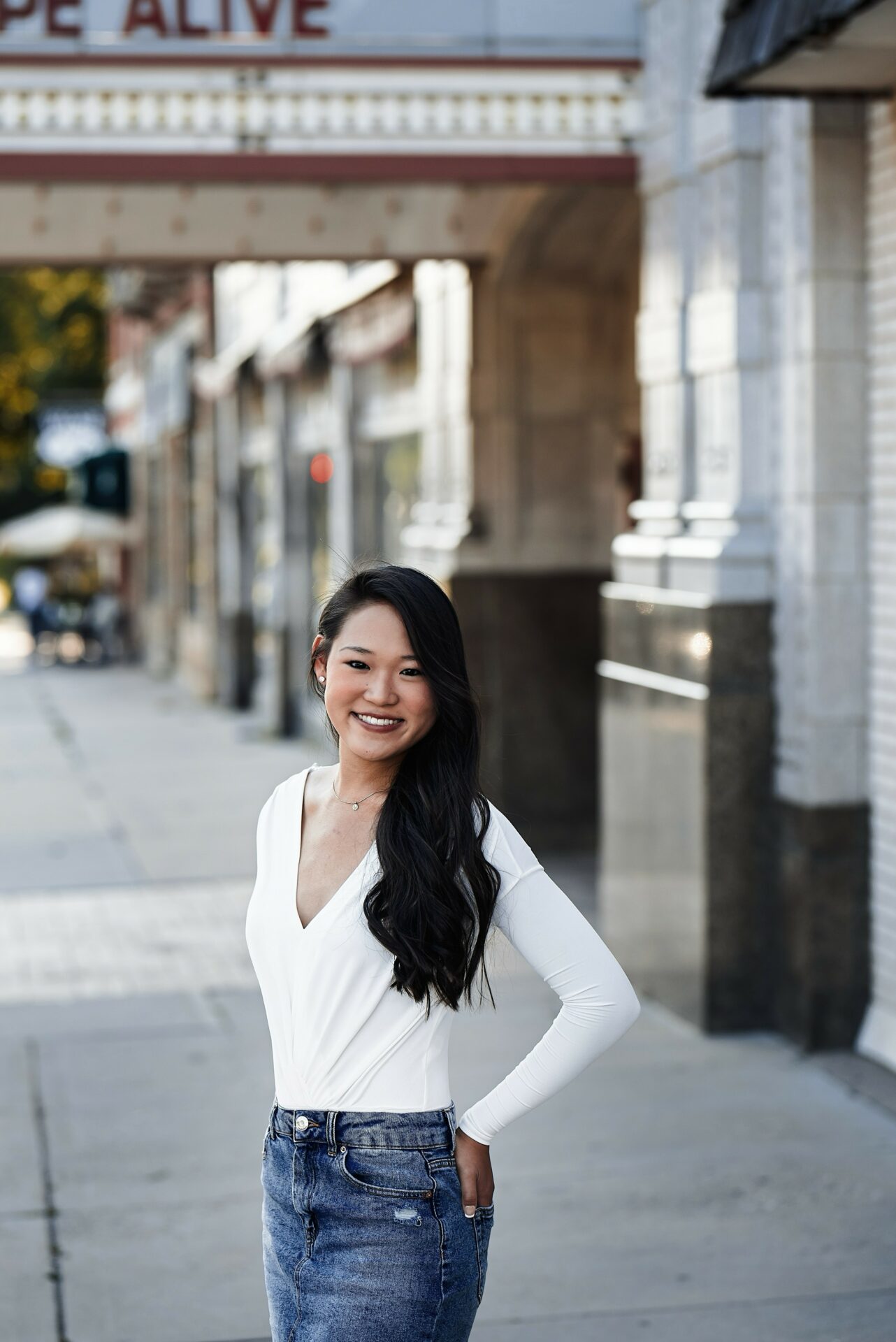
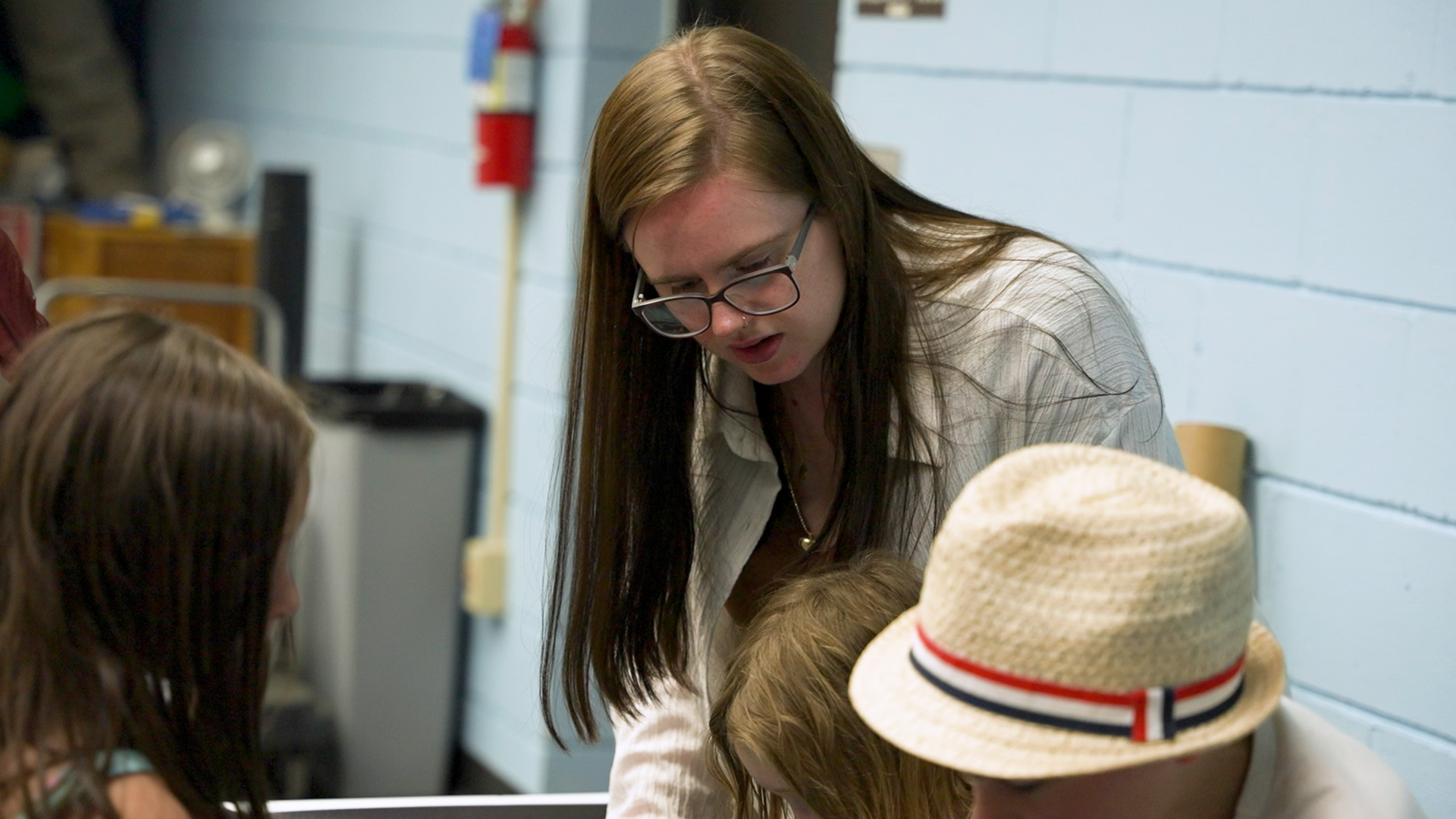
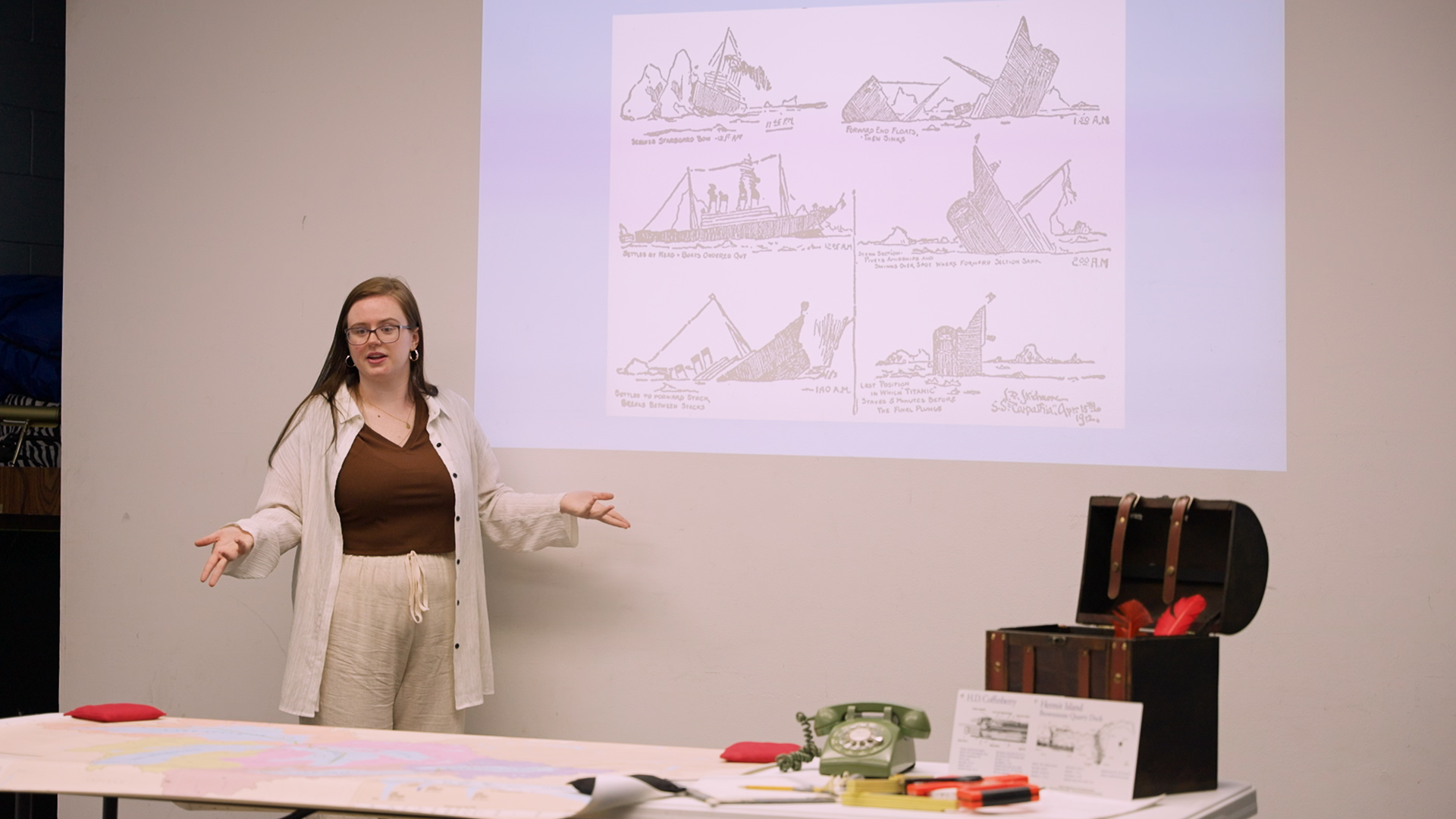
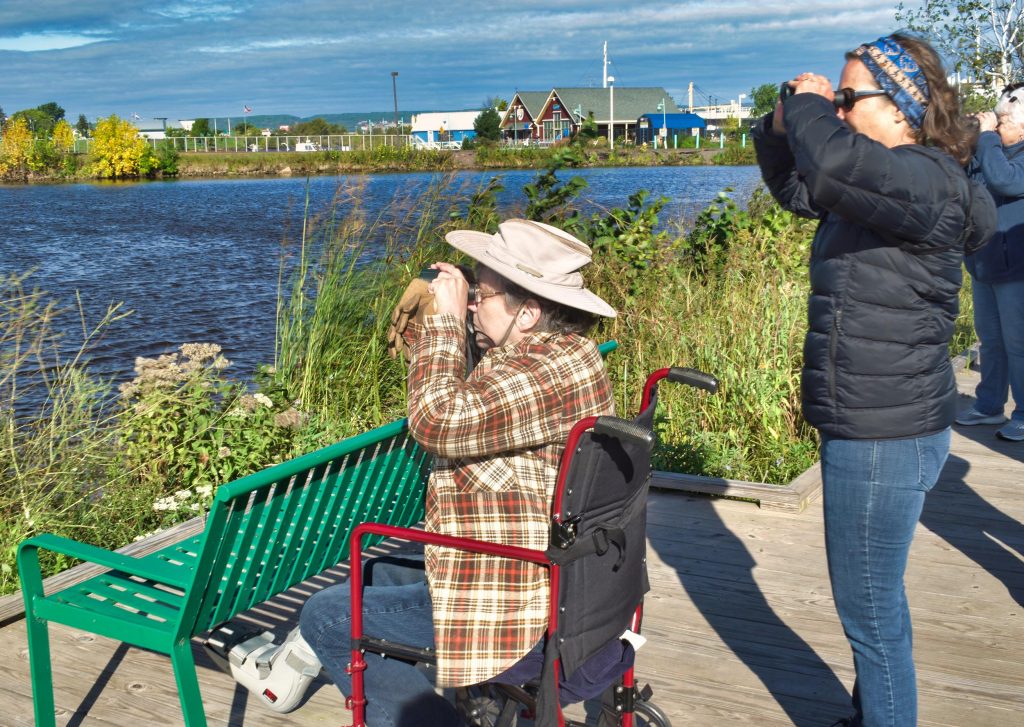
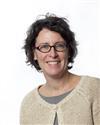
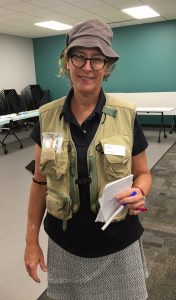
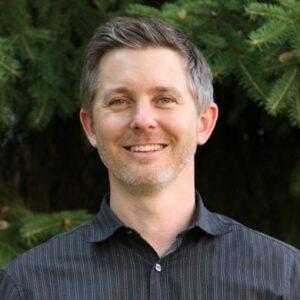
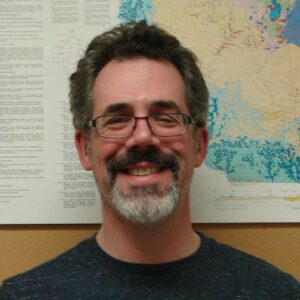
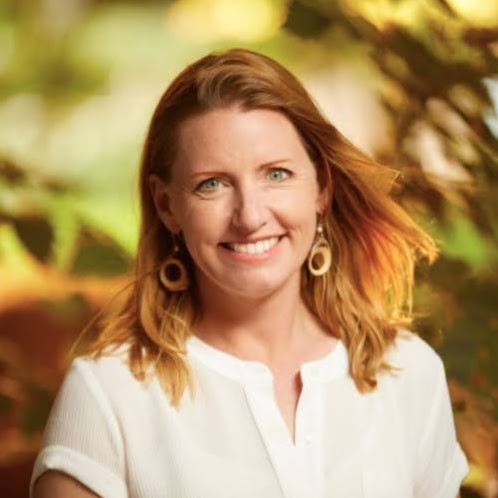
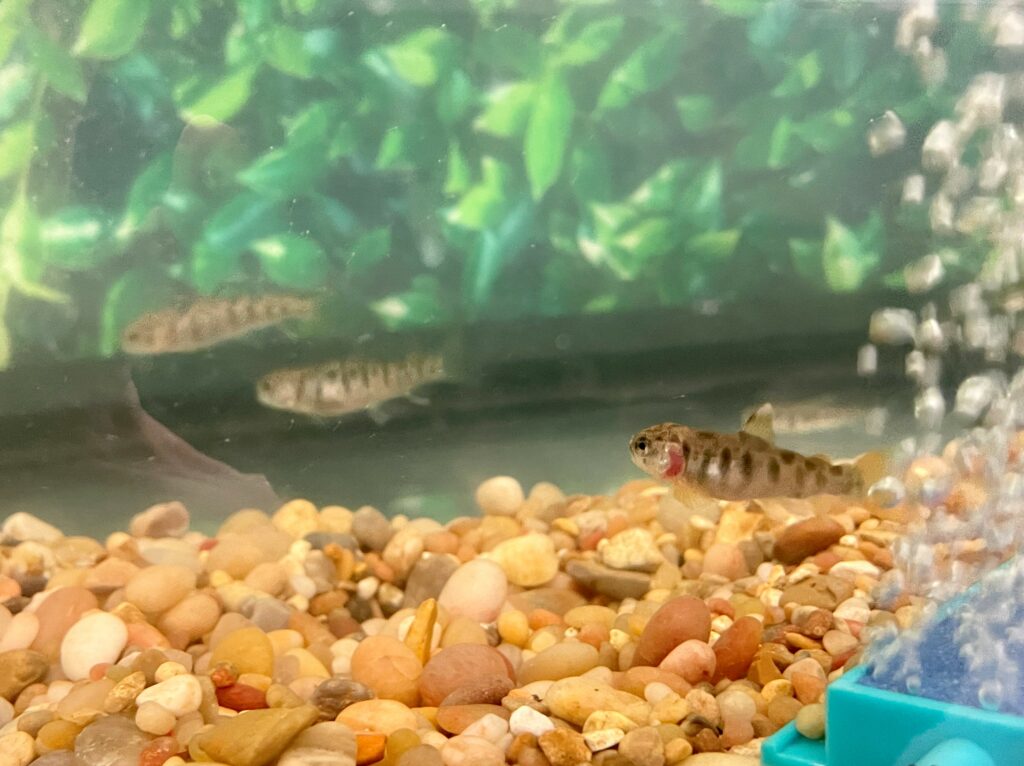
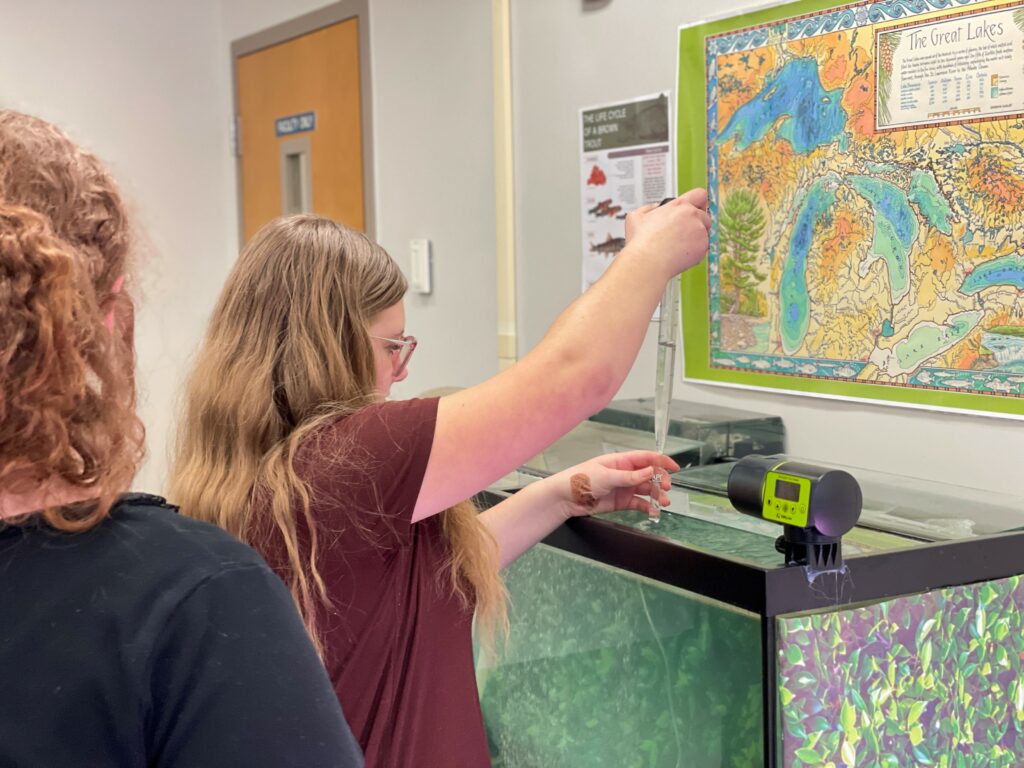
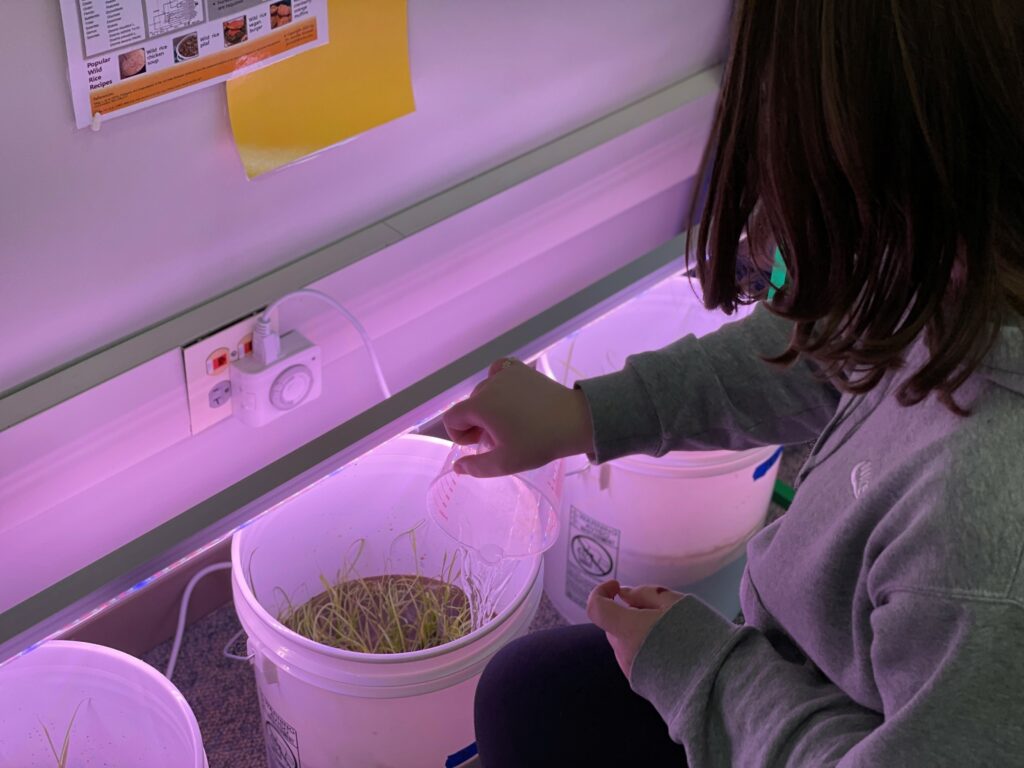
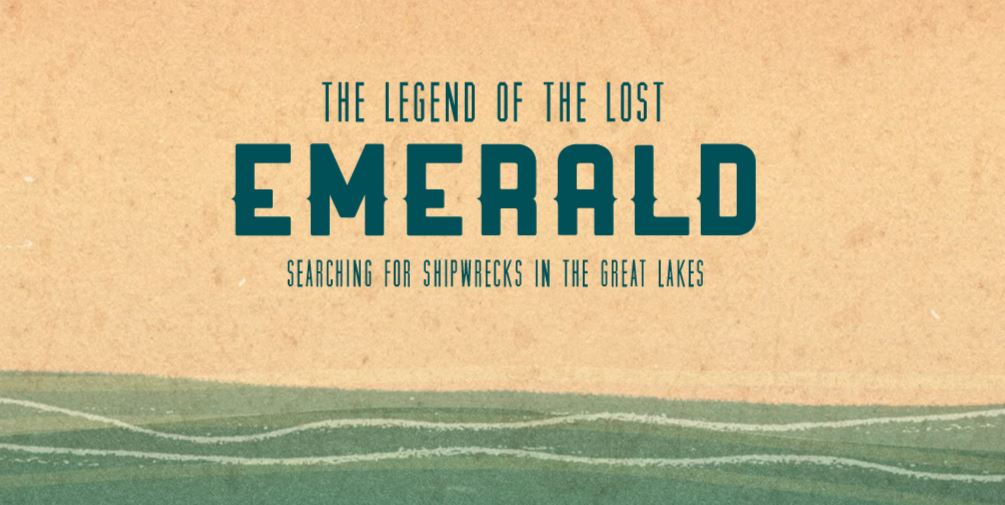
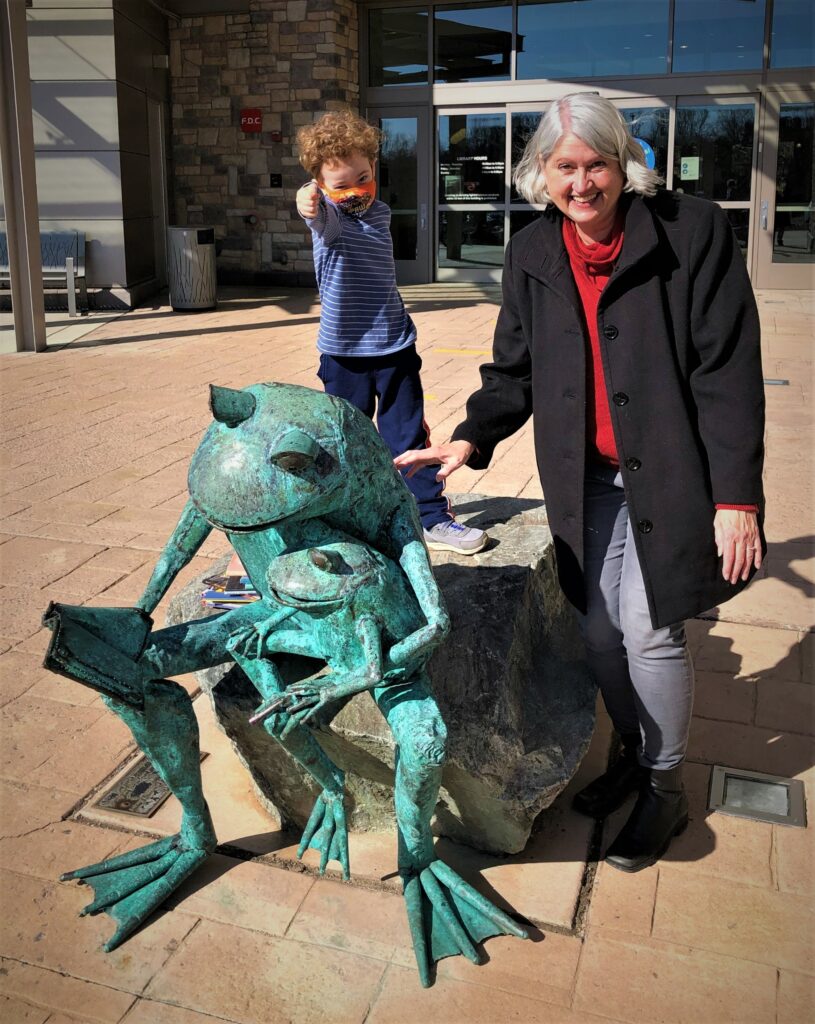
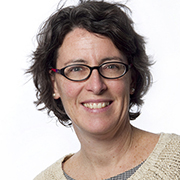
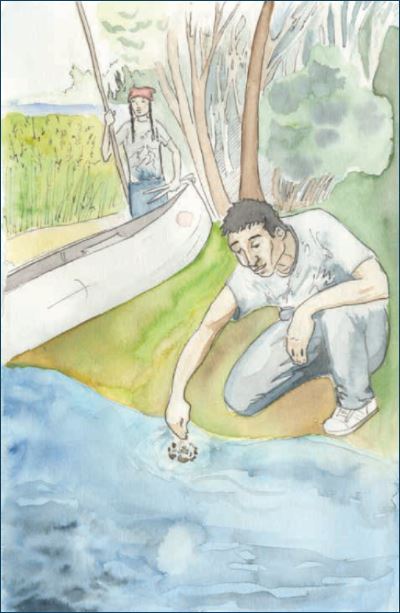
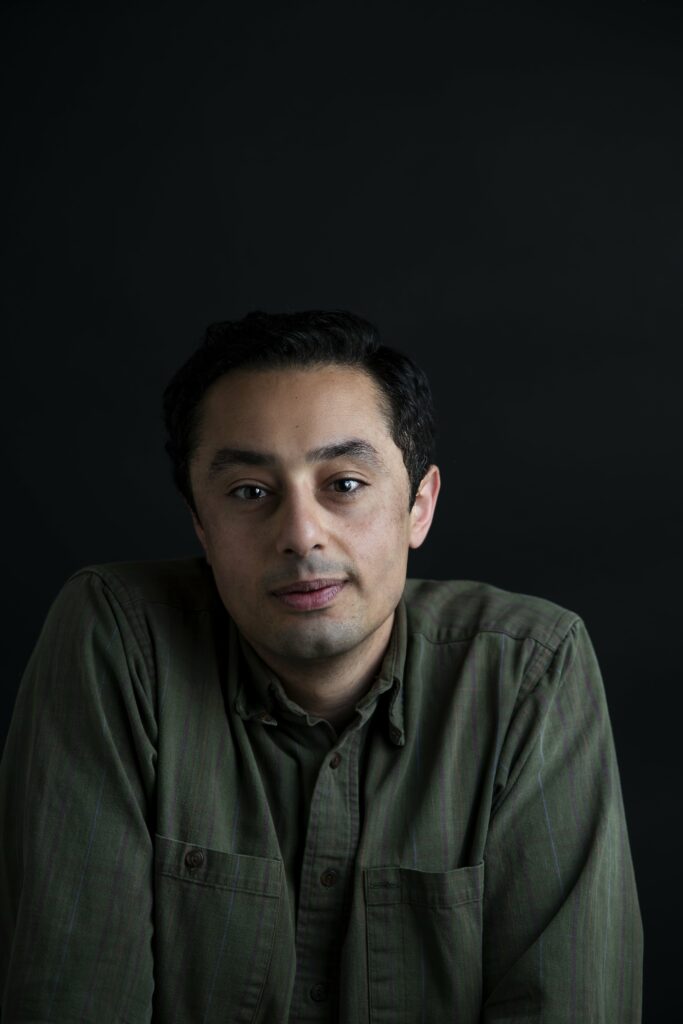
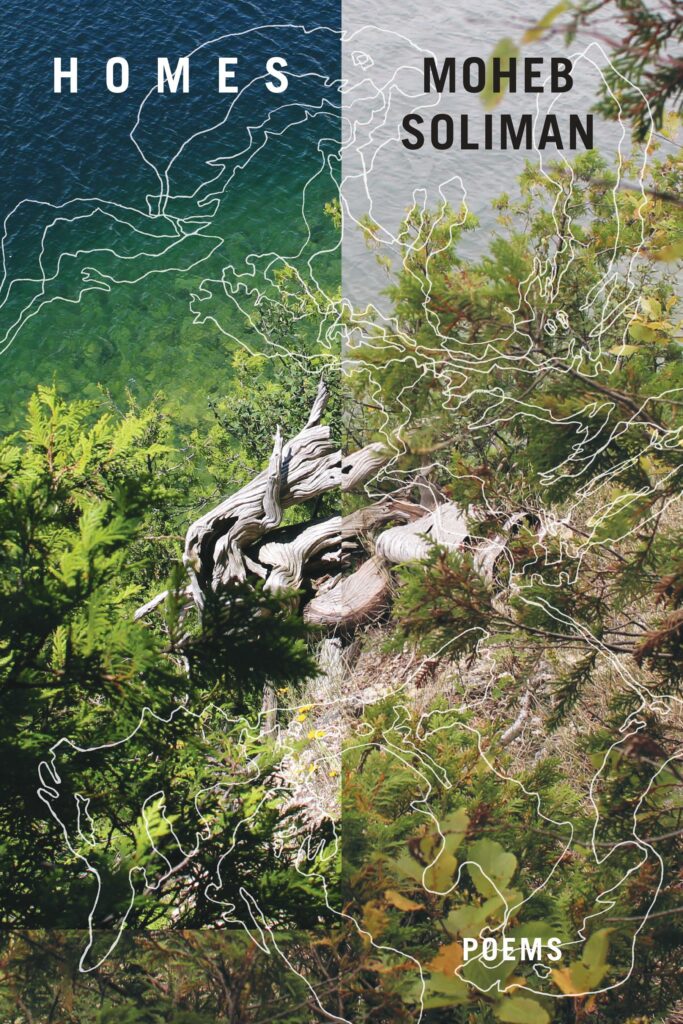
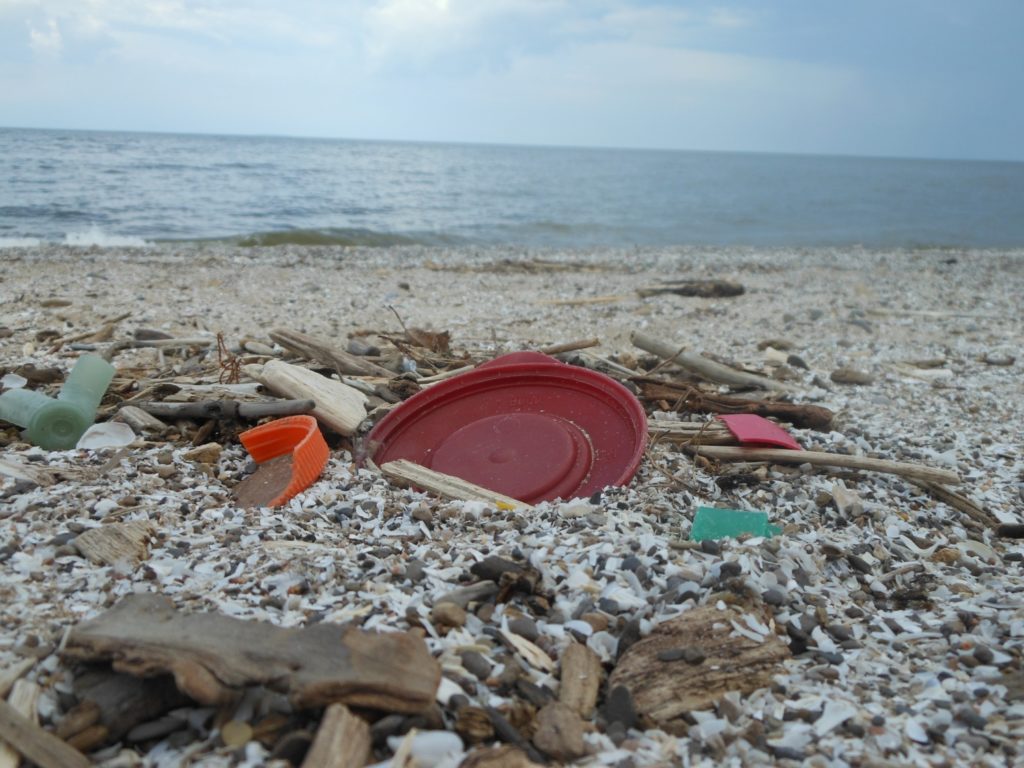
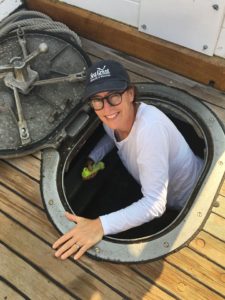
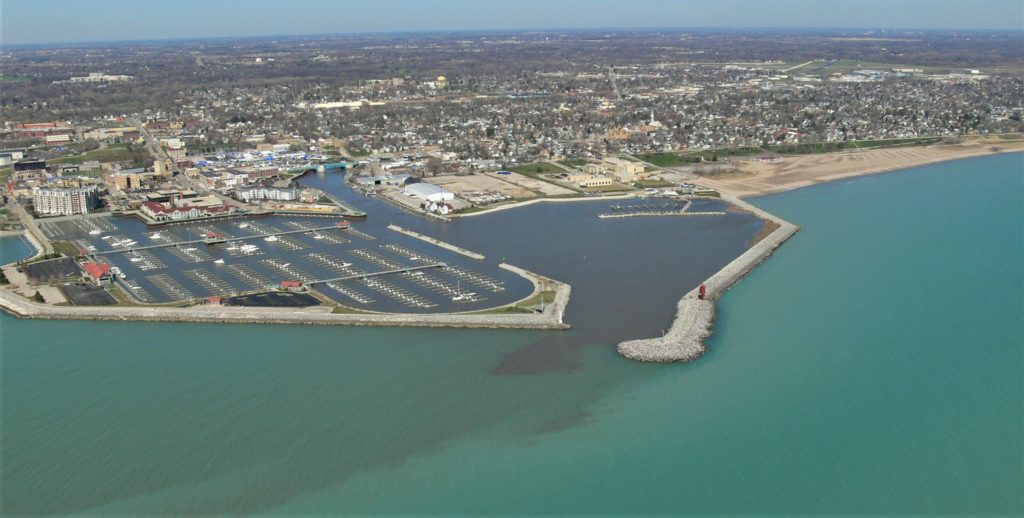
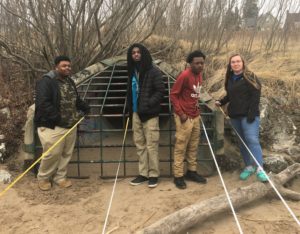
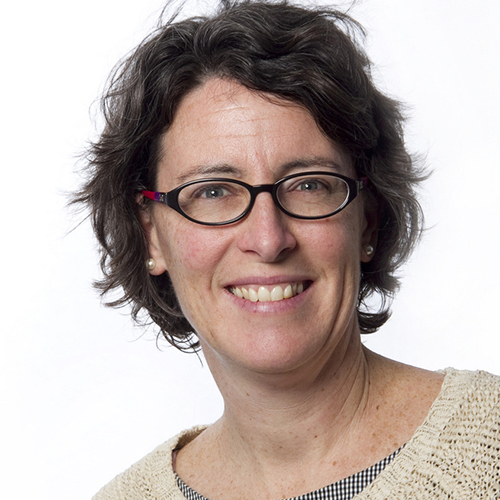
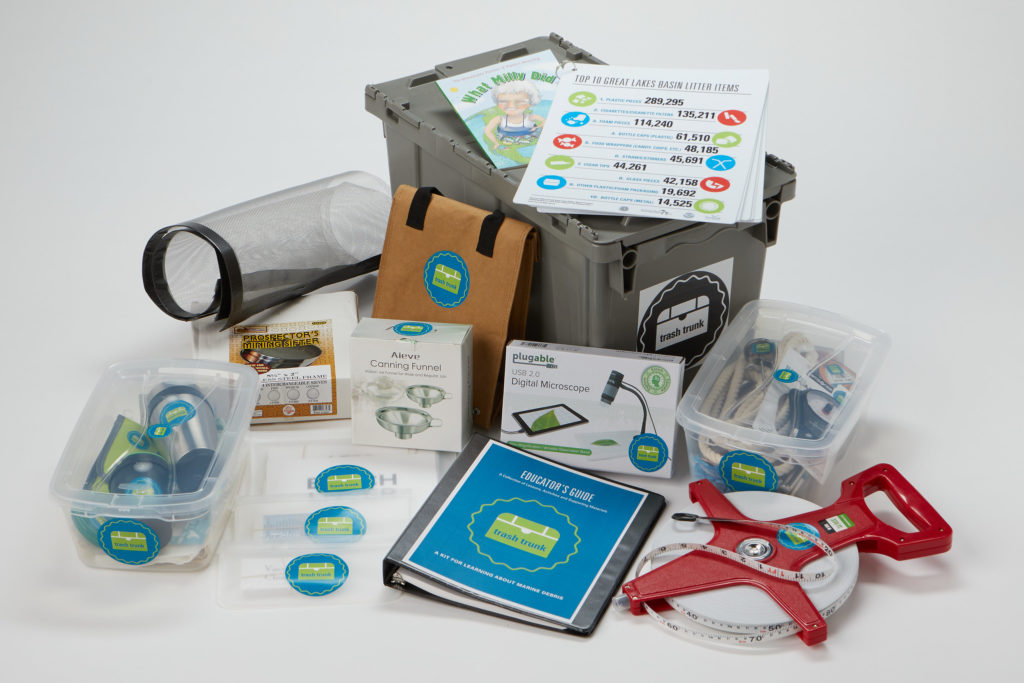 If you’re among the many who are looking for online learning materials for use at home, you might want to check out the Trash Trunk. This new learning kit focuses on trash found in our waterways, otherwise known as marine debris. Its free lessons are applicable for learners at levels kindergarten through adult in both formal and informal educational settings.
If you’re among the many who are looking for online learning materials for use at home, you might want to check out the Trash Trunk. This new learning kit focuses on trash found in our waterways, otherwise known as marine debris. Its free lessons are applicable for learners at levels kindergarten through adult in both formal and informal educational settings.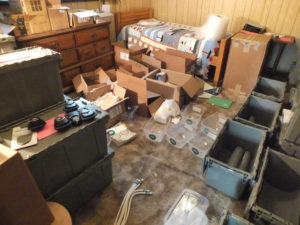
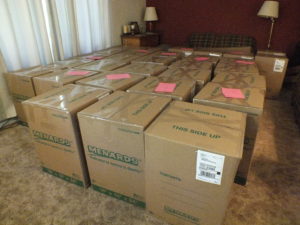
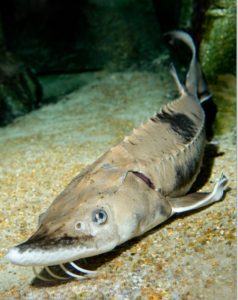
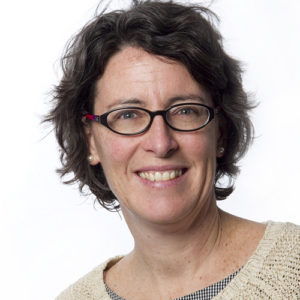
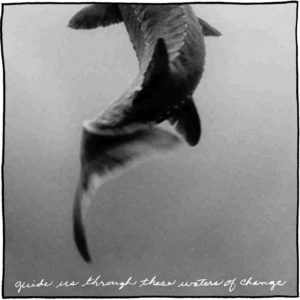 Ancient Survivors
Ancient Survivors